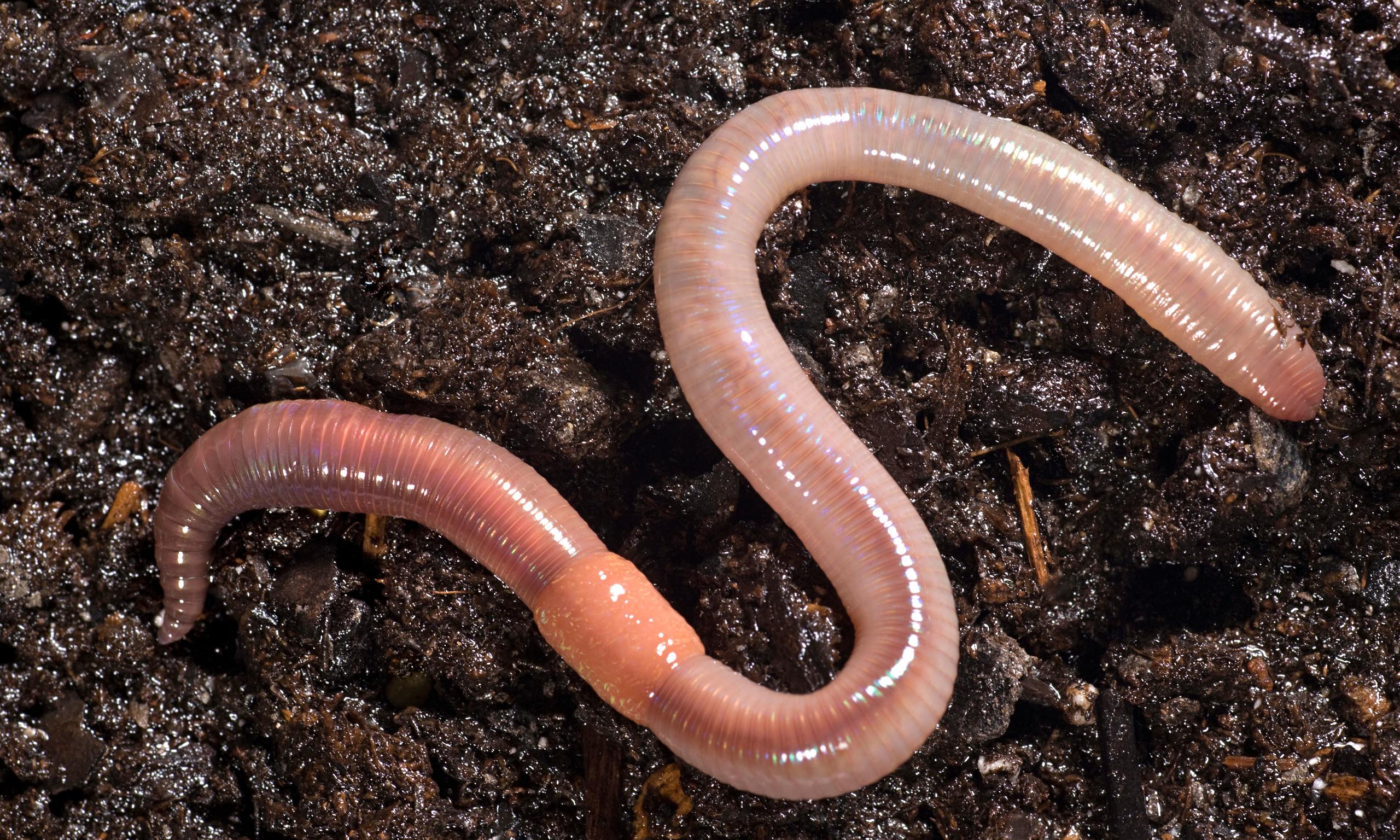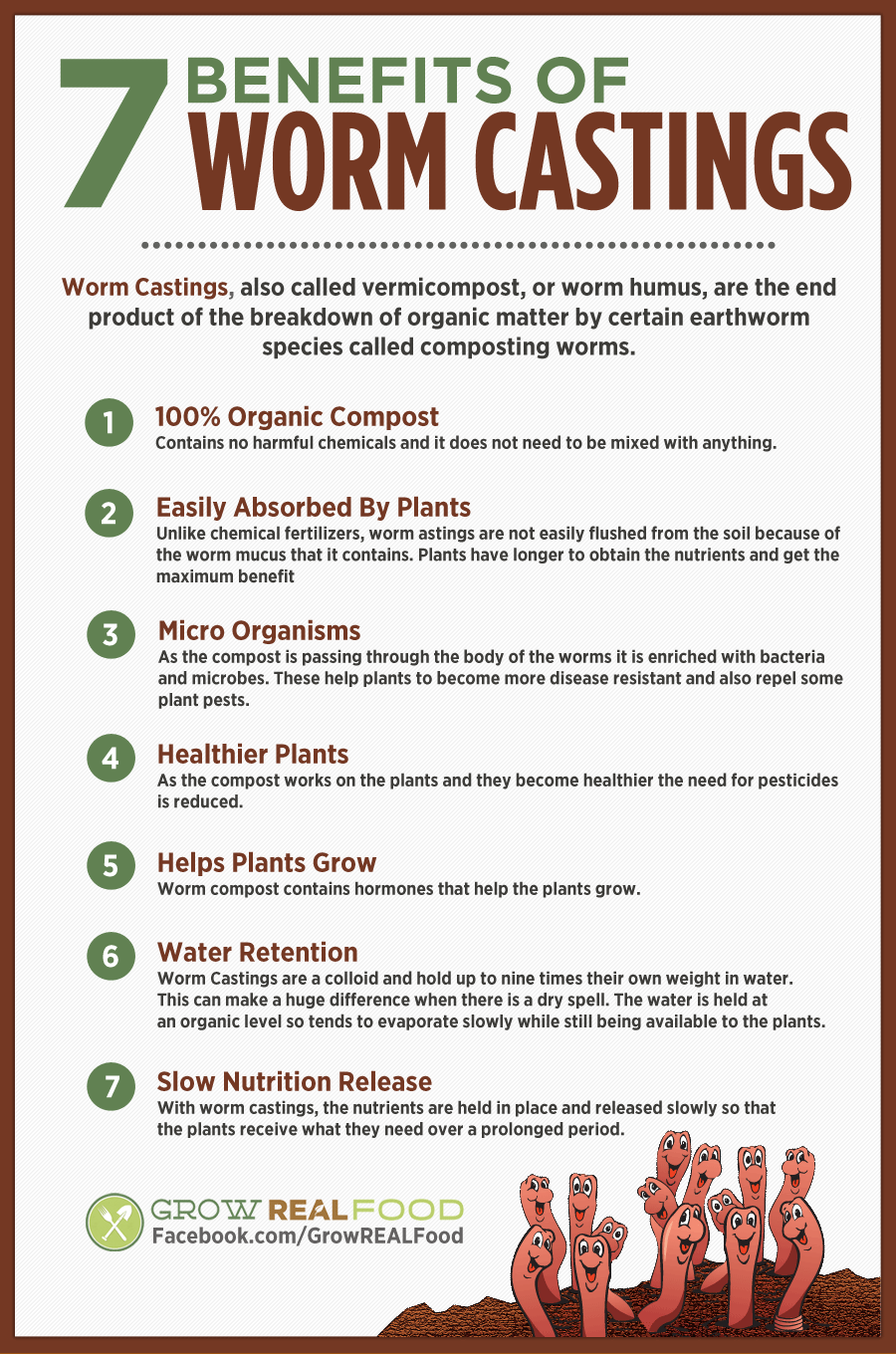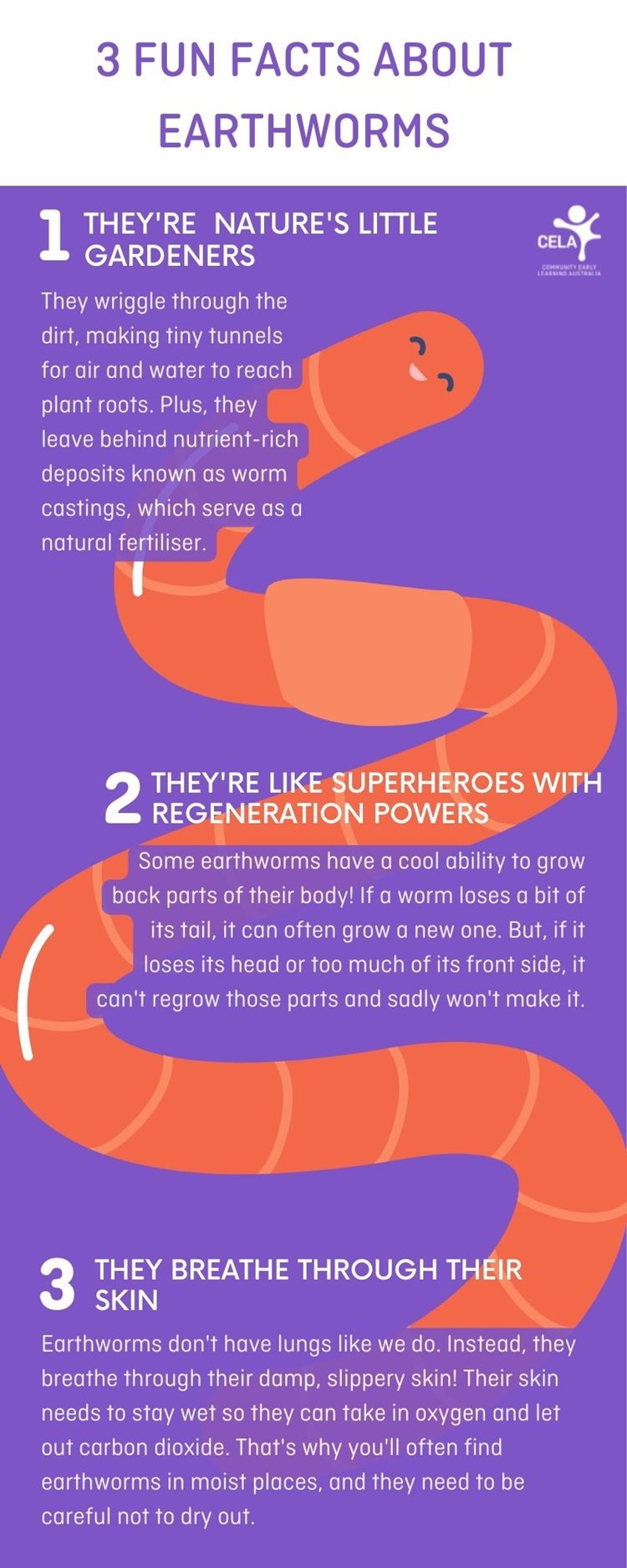An Unbiased View of North Carolina Worms
Table of ContentsNorth Carolina Worms Fundamentals ExplainedThe Greatest Guide To North Carolina Worms8 Easy Facts About North Carolina Worms DescribedAll about North Carolina Worms
Example: 1-gallon of worm spreadings to 4 gallons of potting mix. Do NOT use a potting mix that has chemical fertilizers in it. Review the labelit will claim. 1/2 cup in the base of the planting opening for smaller plants. 1 cup for bigger plants. ie. tomatoes, eco-friendly peppers, summer season squash, and the like.
The addition of tea can also add increased microbial biomass to your dirt. You can always side-dress your plants with worm castings any time. Simply keep in mind, the microorganisms will certainly die if exposed to UV rays (Sunlight), so make sure to cover the spreadings with an inch approximately of soil.
This baffled them for years till the testing techniques came to be better. It would certainly get much better(with even more spreadings), level off, and after that decrease. Also numerous worm spreadings would certainly accelerate the growth to a rate that the plant could not recuperate from.
The Only Guide for North Carolina Worms
Many herbicides deal with this exact same concept. So, 20% by volume seems to be the "Dessert Place". I have expounded the virtues of worm castings for about 2000 words. What concerning the opposite side of the coin? Absolutely nothing is perfect. Worm castings are no various. It requires time to create quality worm castings.
Worm spreadings absolutely cost even more than chemical plant foods. Worm castings are on the less costly end of natural plant foods. (50 gallons per year) It is a much more difficult and very costly investment to generate big amounts of worm spreadings.

As a matter of fact, producing a healthy dirt might be the best benefit of worm spreadings. Healthy and balanced soil was talked about and just how important this has become to everybody. The leading 10 advantages of worm castings were also offered. We went over worm castings NPK and additionally the proper nutrient evaluation that must relate to worm spreadings.
The smart Trick of North Carolina Worms That Nobody is Discussing
We spoke concerning some of the negative aspects associated with worm castings. I covered a lot of product in this short article.
The upright burrows are commonly open, although the worms cover the leading with deposit and excrement. Origins require oxygen for their development, whereas they create carbon dioxide that needs to leave the dirt.
Earthworms raise porosity by 2 systems: (1) by producing permanent burrows, and (2) by enhancing soil aggregation. Gathering is enhanced by the mixing of dirt and natural matter in the earthworms' guts. North Carolina Worms. These very steady aggregates are transferred by some earthworms in their burrows, and by others at the surface of the soil


In another study, earthworms were estimated to take in 4 to 10 percent of the top 6 inches of the dirt annually. This only goes to show the huge quantities of soil that can be refined by earthworms. Soil compaction reduces the porosity of the soil. Due to the fact that earthworms enhance porosity, they decrease the effects of compaction.
North Carolina Worms Can Be Fun For Everyone
Common earthworm populations can easily consume 2 lots of dry issue per acre annually, partly digesting and blending it with dirt. The value of earthworms to mix surface area deposit with soil becomes very clear in dirts that do not have any type of earthworms. A lot of our Pennsylvania dirts contend least some earthworms, and the result of their complete lack, for that reason, can not be noted.
(https://alivelinks.org/North-Carolina-Worms_459657.html)In these dirts, the development of topsoil with practical raw material web content did not happen, resulting in poor plant development. Once the cause was established, the government of the Netherlands started a campaign to present earthworms. After the introduction of the earthworms, a dark topsoil layer was formed, and plant development raised substantially.
They live primarily from partially broken down organic matter that is currently included in the soil. They eat their way through the soil, developing straight burrows that they load with their waste matter. These varieties ingest large amounts of dirt that they blend with absorbed crop residue in their intestines. or anecic species reside in long-term vertical burrows that can be 5 or 6 feet deep.
Their burrows stay open, although they cap the leading with crop deposit that they pull to the entrance. These varieties consume considerable amounts of soil that they mix with digested residue in their guts. Their waste matter is mainly deposited at the surface area of the dirt. The nightcrawler Lumbricus terrestris is the most noticeable member of this team.